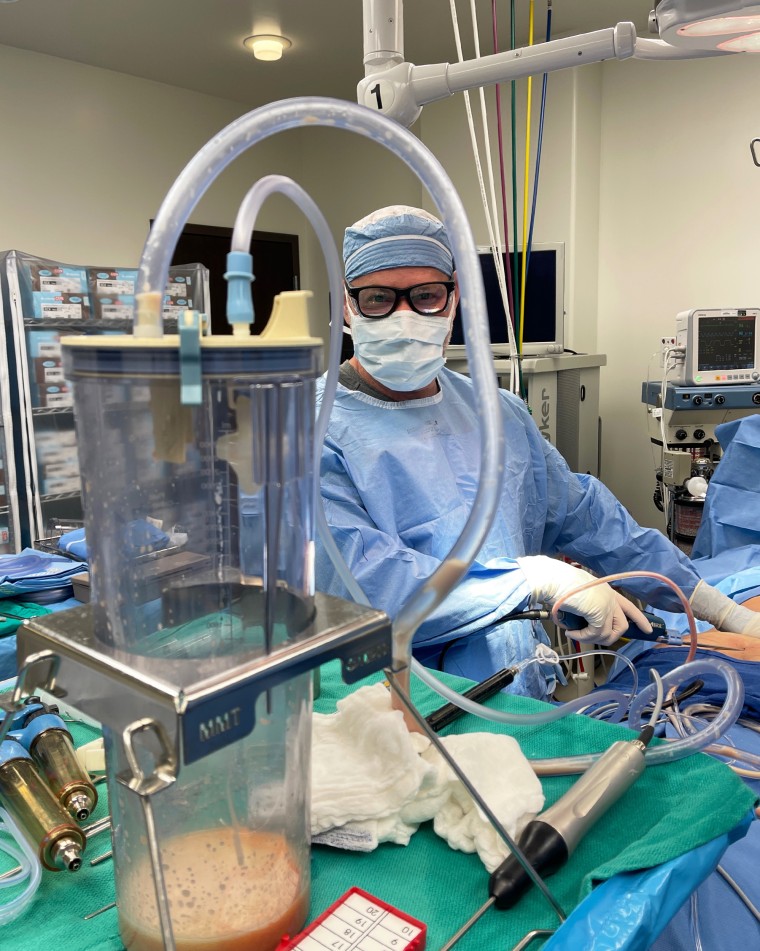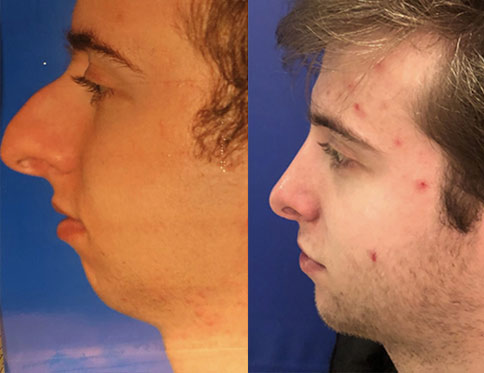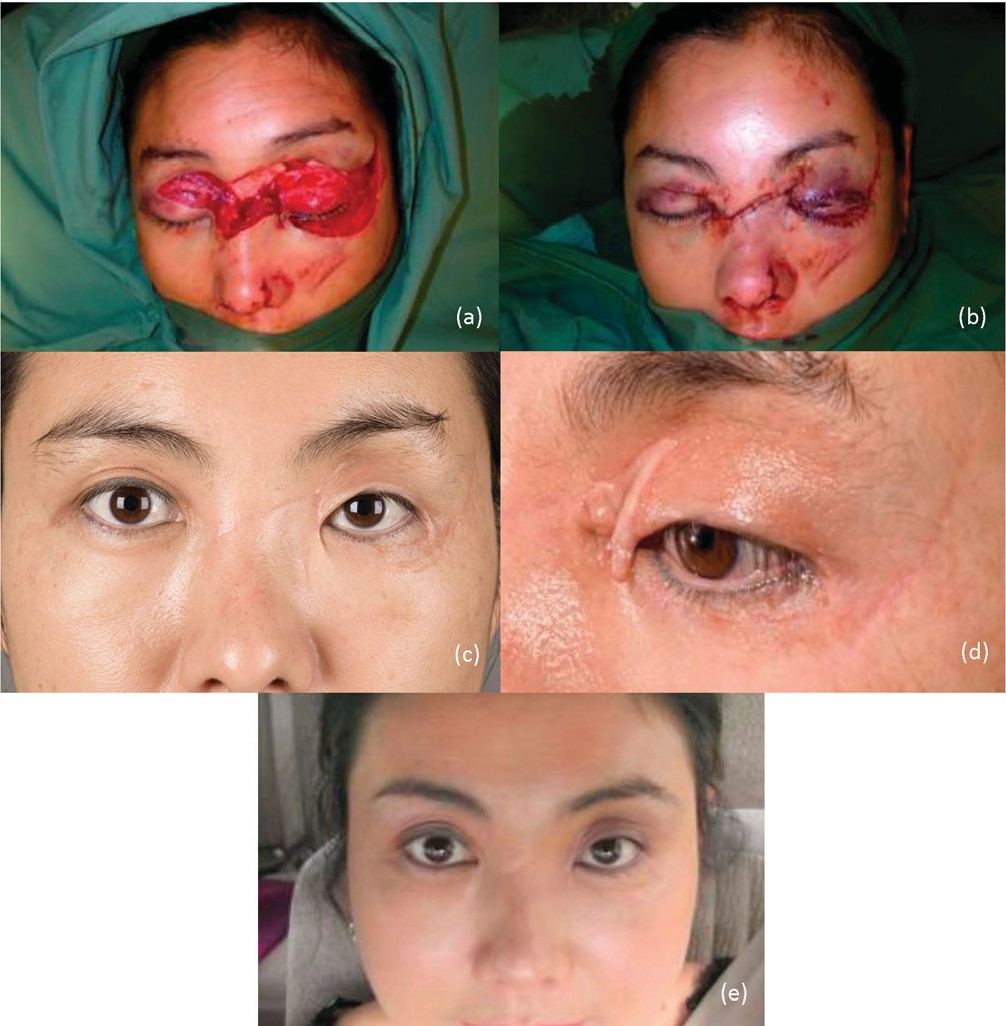Investigating the Psychological and Social Factors That Drive People to Consider Cosmetic Surgical Treatment as a Method of Renovation
The choice to go after plastic surgery often extends past mere aesthetics, linking with emotional and social dynamics that merit detailed exam. Aspects such as self-confidence, prevalent social elegance standards, and the pervasive influence of social media converge to form private inspirations for medical improvement. As these influences come to be progressively popular, understanding the underlying psychological and social contexts is necessary. What stays to be explored is the extensive influence these aspects have not only on individuality yet likewise on more comprehensive social standards and worths bordering beauty and approval.
The Function of Self-worth
Self-worth substantially affects an individual's choice to pursue cosmetic surgery. Individuals with reduced self-worth often perceive themselves in a negative light, leading to feelings of inadequacy regarding their physical appearance.

Eventually, the role of self-worth in the decision-making procedure relating to cosmetic surgery highlights the intricate interplay between body picture, personal complete satisfaction, and mental health and wellness. Comprehending this relationship is critical for healthcare professionals to make certain that people are making notified decisions rooted in practical assumptions and psychological health.
Social Appeal Requirements
Influenced by pervasive media portrayals and cultural narratives, social appeal requirements play a critical function in forming individuals' perceptions of their very own bodies. These criteria are frequently identified by an idyllic form of elegance that emphasizes traits such as youthful vigor, slimness, and balance. As these suitables are perpetuated with numerous networks, including advertising, film, and television, people regularly internalize these messages, bring about dissatisfaction with their all-natural look.
The ramifications of these societal standards extend beyond aesthetic choices; they can impact self-esteem, mental health and wellness, and interpersonal partnerships. Individuals that regard themselves as disappointing these criteria might experience feelings of inadequacy, triggering a desire for plastic surgery as a way of accomplishing social approval. This quest is often sustained by the idea that complying with these suitables will certainly boost not just physical look yet additionally social standing and individual satisfaction.

Impact of Social Media Site
The impact of social beauty requirements is more magnified by the surge of social media platforms, where curated pictures and idyllic depictions of beauty are ubiquitous. Individuals are constantly subjected to filteringed system and modified pictures, which often depict unattainable physical characteristics. This direct exposure grows a society of contrast, leading individuals to examine their very own look versus these often impractical criteria.
Social network influencers and stars often promote cosmetic procedures, normalizing the idea that medical improvements are a viable means for attaining social perfects (plastic surgery rancho cucamonga). The exposure of these improvements can develop an understanding that going through plastic surgery is a standard method, thus influencing people to think about similar interventions as a pathway to boosted self-worth and social approval
Additionally, the interactive nature of social media sites enables prompt responses with likes and comments, even more reinforcing the desire to adhere to preferred beauty criteria. Such communications can intensify sensations of insufficiency and drive individuals towards plastic surgery as a way of acquiring validation. Ultimately, social networks plays a critical duty in forming perceptions of elegance, which substantially influences the decision-making procedures bordering plastic surgery.

Cultural Point Of Views on Appearance
Across numerous societies, understandings of appearance are deeply rooted in historical, social, and financial contexts, shaping people' sights on appeal and value. In many cultures, appearance works as a substantial marker of identity, influencing social status, specialist possibilities, and personal relationships. For instance, in some cultures, light skin is commonly related to wide range and opportunity, while others may glorify darker this article skin tones as signs of toughness and credibility.
Furthermore, typical elegance requirements are often continued through social narratives, media depictions, and household affects, resulting in differing perfects throughout various regions (plastic surgery rancho cucamonga). In Western societies, the emphasis on young people and fitness often drives individuals towards cosmetic improvement, while in particular Eastern societies, even more subtle adjustments aligned with traditional aesthetic appeals may be liked
Globalization and the spreading of digital media have actually even more made complex these dynamics, producing a hybridization of elegance suitables that goes beyond geographical limits. As people increasingly browse these social stories, the pressure to conform to particular appearance standards can cause the need for plastic surgery, mirroring a complex interplay of cultural values and personal goals. Comprehending these cultural viewpoints is important in attending to the motivations behind plastic surgery factors to consider.
Emotional Impacts of Plastic Surgery
Lots of people looking for cosmetic surgical treatment record experiencing extensive mental impacts that can substantially change their self-perception and psychological wellness - plastic surgery rancho cucamonga. The need for physical enhancement commonly originates from underlying problems such as low self-esteem, body dysmorphic problem, or societal pressures view website regarding beauty standards. For some, the prompt post-operative stage can cause a short-lived boost in confidence and complete satisfaction with their appearance, promoting a feeling of empowerment
Nonetheless, these favorable feelings might not be withstanding. Study shows that while some individuals experience enhanced self-esteem, others might deal with elevated anxiety or clinical depression if their expectations are not fulfilled. This inconsistency can occur from unrealistic perfects perpetuated by media depiction and cultural narratives surrounding elegance.
In addition, the mental implications of plastic surgery prolong past the individual. Relationships with household and pals might be strained as social characteristics change, resulting in sensations of seclusion or alienation. Ultimately, the psychological effects of plastic surgery are complicated and complex, requiring careful consideration by both potential people and healthcare providers to make certain informed decision-making and sensible assumptions.
Conclusion
Finally, the decision to go after cosmetic surgical procedure is substantially affected by a mix of self-esteem issues, societal appeal criteria, and cultural perspectives on appearance. The pervasive reach of social media sites further intensifies these pressures, promoting unrealistic ideals that people usually strive to attain. Understanding these social and mental variables is vital for resolving the inspirations behind cosmetic surgery, highlighting the need for a much more nuanced discussion bordering elegance and self-acceptance in modern society.
The decision to pursue cosmetic surgery frequently extends past mere looks, linking with social and psychological dynamics that warrant complete assessment. Eventually, social media plays an essential function in shaping perceptions of charm, which considerably affects the decision-making processes bordering cosmetic surgical treatment.
As individuals go to this site progressively browse these social stories, the pressure to conform to details look standards can lead to the desire for cosmetic surgery, mirroring a complex interplay of social values and individual ambitions.In final thought, the choice to go after cosmetic surgery is considerably influenced by a combination of self-worth problems, societal appeal requirements, and cultural point of views on appearance. Comprehending these social and emotional aspects is necessary for attending to the inspirations behind cosmetic surgical treatment, highlighting the need for a much more nuanced conversation bordering beauty and self-acceptance in contemporary culture.